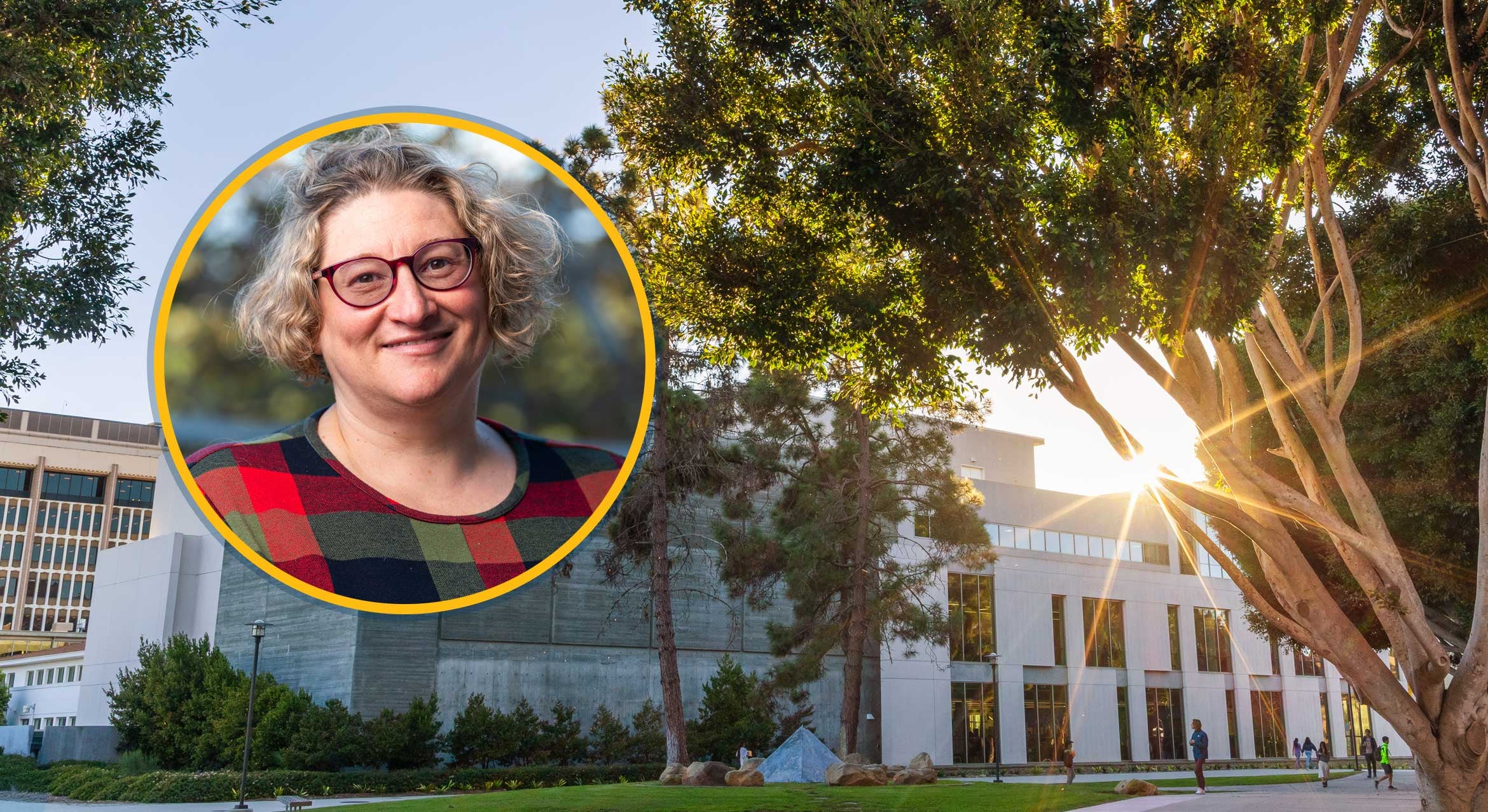
Earthly Concerns
The environment and threats to its wellbeing — climate change, deforestation, pollution — are seen and increasingly characterized among the defining issues of our time.
Try telling that to Gilgamesh. The environment served up some defining moments for him, too — circa 2800 BCE.
The Sumerian king’s much-protested plan to clear-cut a forest for what he saw as the benefit of his city is a key plot point in the Mesopotamian mythology that made him famous. And Gilgamesh is but one case of environmental matters that we think of as modern concerns being reflected in texts as old as they come.
“Literary responses to environmental concerns are as old as the issues themselves,” said Ken Hiltner, a professor of English at UC Santa Barbara. “Deforestation, air pollution, endangered species, wetland loss, animal rights and rampant consumerism have all been appearing as controversial issues in Western literature for hundreds — and in some cases thousands — of years.”
To make plain the deep roots of environmental thinking and debate — and to help students connect that past to their present — Hiltner leads an undergraduate English course that explores the subject through the lens of literature. He’s got a hit on his hands.
From a starting roster of 30-some students when he launched a progenitor “small course” in 2006, Hiltner’s popular English 22 offering now is held in Campbell Hall, the campus’s largest lecture space, and it is at maximum capacity with 800-plus students. In some quarters, he said, as many as 35 different majors have been represented in the class.
Pretty impressive for an undergraduate course with an inarguably daunting reading list. Chaucer, Milton and Shakespeare. Greek and Latin classics including Cato, Ovid and Virgil. Plato. The Bible? Yes, the Bible — some of it anyway.
From food systems and farming to animal rights and air pollution, issues of the environment and sustainability appear in each of these texts and Hiltner, by his own proud admission, has “cherry-picked” the best of them.
“Part of the rationale is to give them a reason to read the great literature of the world other than just to read it for the literature itself,” Hiltner said. “I don’t think that quite works anymore. Students today want things that are more relevant to their lives, more relevant to the world and more relevant to things that they’re thinking about otherwise. And they are thinking about things like climate change.”
“It isn’t always intuitively clear why reading something like Milton’s ‘Paradise Lost’ would be relevant,” Hiltner added. “My goal is to make clear that it is. The course is not only trying to understand where modern environmental thinking and attitudes and feelings come from, but to understand them today and understand them insofar as we all are heir to those beliefs and have taken them in and made them our own.”
In that way, the course also is meant to introduce the environmental humanities to the broadest possible audience.
With deep personal and research interests in the environment and climate change, Hiltner has taken such endeavors to heart — and to great heights — at UC Santa Barbara. He directs both the multidisciplinary Environmental Humanities Initiative and the nascent T.A. Barron Environmental Leadership Fund for undergraduates, and has helped to pioneer virtual, “nearly carbon-neutral conferences” as an alternative to conventional (and carbon-heavy) academic gatherings.
“The science [of climate change] is absolutely important but where we come into play is the rhetoric and how it’s formed and shaped, and that is the bigger challenge right now in many respects,” Hiltner said of what humanists bring to this particular table. “There is a great battle of words taking place. Everywhere that you read — websites, news articles, tweets from the president – they’re all weighing in on this subject.
“The Epic of Gilgamesh is all about deforestation, a complex issue surmounted in a religious prohibition against clear-cutting of forests,” he noted. “But Gilgamesh navigates that to lead an expedition to clear-cut the forest. It was human needs against environmental needs — leave the forest alone or Gilgamesh’s argument, which was that his city would prosper. We get that still today. That’s why it’s interesting to see how these things were first formulated and get students thinking about them through literature — to understand how people felt about and resolved the same kind of issues we’re dealing with today.”



